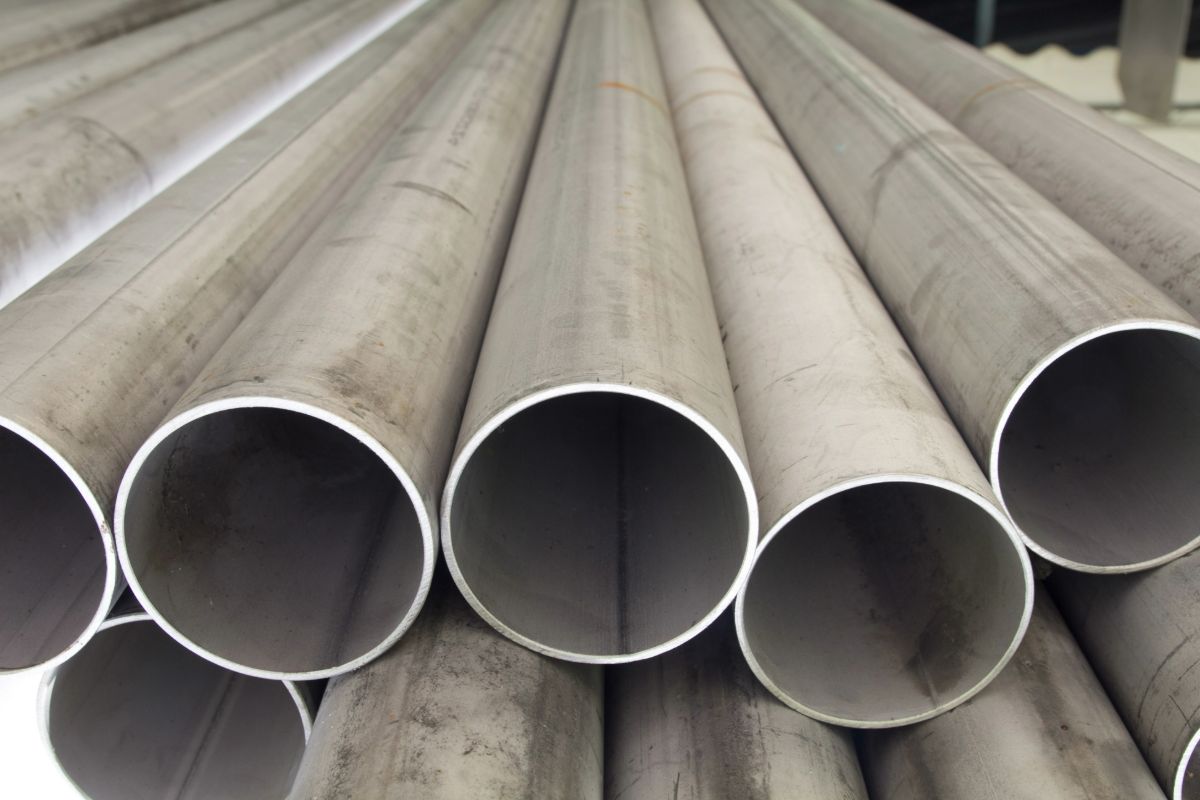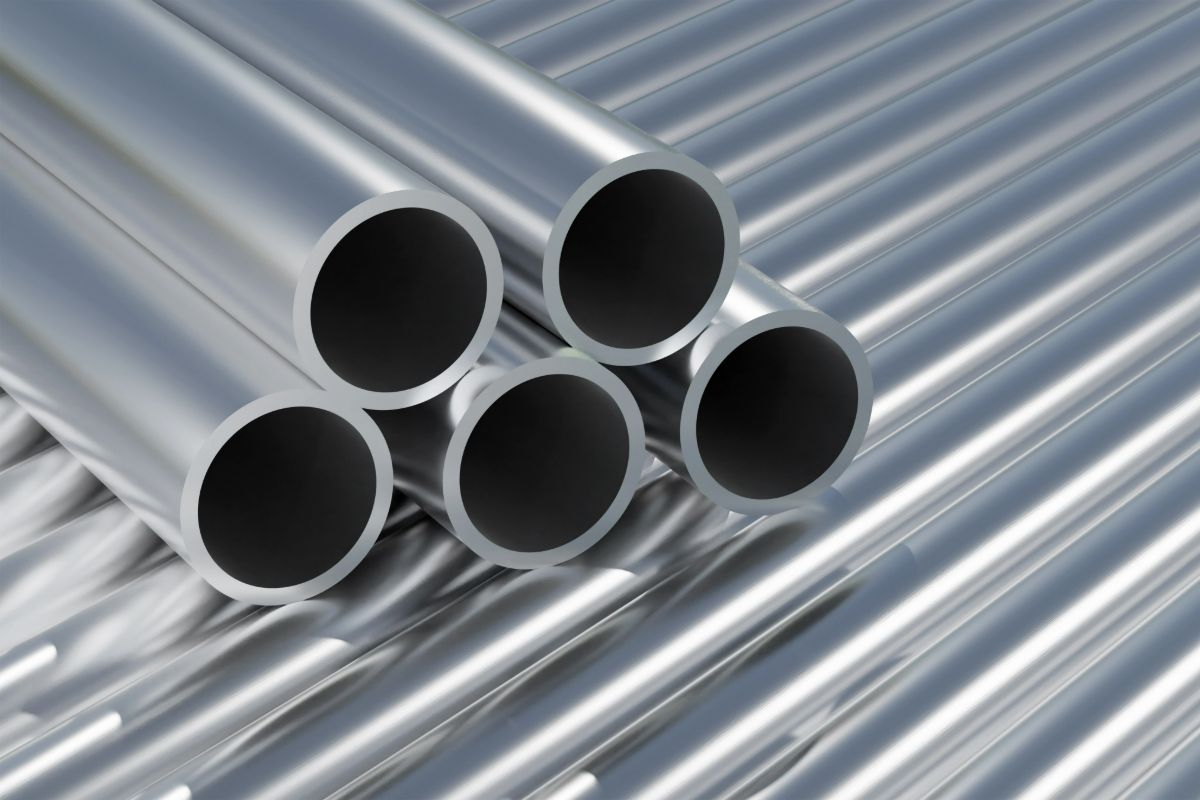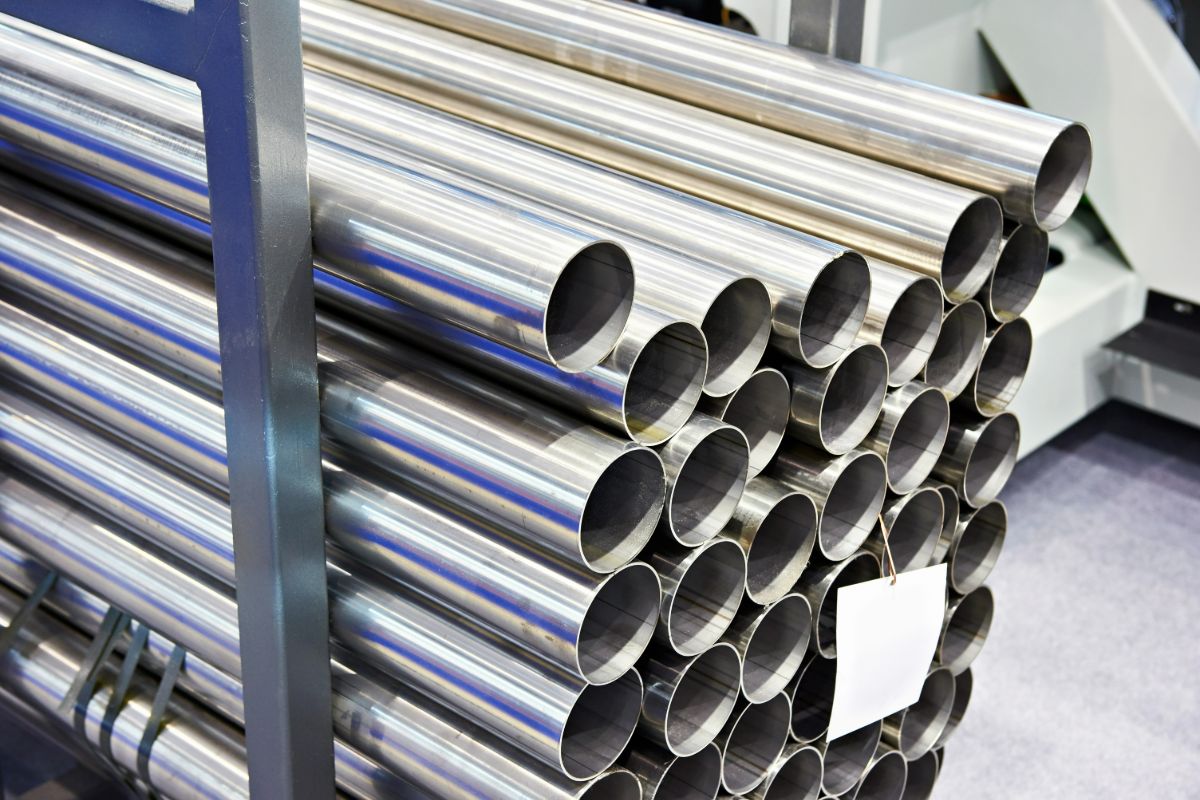
Ways to Prevent GI Pipe Corrosion
What are the ways to prevent GI pipe corrosion?
- Use high-quality galvanized coatings
- Apply protective paint or sealants
- Install in dry, well-ventilated areas
- Regular inspection and maintenance
- Use corrosion inhibitors in water systems
- Avoid direct contact with dissimilar metals
Overview
- Galvanized iron (GI) pipes are vulnerable to corrosion, especially when exposed to harsh environments or moisture over time.
- Preventive measures like using high-quality coatings, protective sealants, and regular maintenance are essential for maximizing their durability.
- Supreme Pipe stands out by offering robust, corrosion-resistant GI pipes in the Philippines, ensuring reliable performance and long service life for a wide range of projects.
Corrosion is one of the biggest threats to the strength, performance, and longevity of galvanized iron (GI) pipes. While these pipes are specially designed with a protective zinc coating, exposure to extreme conditions, chemicals, or consistent moisture can gradually wear them down.
In this article, we’ll discuss practical and effective ways to prevent GI pipe corrosion, helping you safeguard your investments and maintain dependable, long-lasting piping solutions for your projects.
As one of the reputable suppliers of steel pipes in the Philippines, Supreme Pipe delivers top-quality GI pipes built to endure challenging environments and meet strict industry regulations. With durable items and excellent service, we continuously support projects nationwide with trusted, corrosion-resistant piping systems.
Use High-quality Galvanized Coatings

A durable, superior layer of zinc coating serves as a physical and chemical barrier, protecting the steel underneath from condensation, air, and environmental elements that can trigger rust.
Distributors usually suggest hot-dip galvanizing for projects susceptible to harsh conditions like outdoor installations or industrial applications. This process guarantees a thicker and more constant coating, providing a strong shield and extending the lifespan of GI pipes in demanding settings.
Apply Protective Paint or Sealants
Protective paint or sealants help seal the surface, reducing direct contact between the pipe and external corrosive agents.
Specialized anti-corrosion paints and clear sealants are available to match various environmental needs. When appropriately applied, these treatments not only preserve the pipe’s appearance but also expand its service life by reinforcing the galvanized coating’s durability.
Install in Dry, Well-ventilated Areas
The correct airflow minimizes moisture buildup around the pipes, which helps preserve the integrity of the zinc coating.
In areas like basements, storage spaces, or outdoor installations, placing pipes away from standing water or enclosed, humid places can make a big difference. This precaution restricts long-term exposure to damp situations that typically result in premature rust and surface damage.
Regular Inspection and Maintenance

Consistent checks help detect early warnings of rust, coating wear, or damage, allowing for prompt repairs before problems escalate.
Maintenance processes may include cleaning, touch-up painting, or resealing spots where the coating has thinned. By staying proactive, you can significantly prolong the lifespan of your GI pipes and maintain their performance for more years to come.
Use Corrosion Inhibitors in Water Systems
Corrosion inhibitors are chemical substances added to fluids or environments to slow down or prevent the corrosion of metal surfaces. These additives help lower the corrosive effects of water by forming a protective film on the pipe’s interior surface.
Primary inhibitors include phosphates and silicates, which efficiently slow down rust formation and scale buildup. By maintaining balanced water chemistry with these treatments, you can protect your GI pipes from internal corrosion and maintain their durable operational life.
Avoid Direct Contact with Dissimilar Metals
When distinct metals touch in the presence of moisture, an electrochemical reaction can happen, causing one metal, commonly the GI pipe, to corrode immediately.
To prevent this, expert installers must use non-conductive fittings, plastic washers, or insulation products as shields between various metals. This simple precaution preserves the integrity of your GI pipes and guarantees a trouble-free service life.
Get Top-notch and Corrosion-resistant Galvanized Iron Pipes from Supreme Pipe Today
Supreme Steel Pipe Corp. stands at the forefront of Supreme Satisfaction, driven by a huge dedication to innovation and excellence. With a strong focus on providing quality products that enthusiastically impact industries and communities, we remain a trusted name in steel pipe solutions. Opt for Supreme Pipe for reliable, top-grade piping systems you can count on from beginning to end.
Key Takeaway
Shielding your piping systems from premature rust and damage begins with intelligent, proactive protocols. From opting for quality galvanized coatings to proper storage and avoiding contact with dissimilar metals, these ways to prevent GI pipe corrosion help prolong the lifespan and presentation of your GI pipes. Additionally, with constant inspections and upkeep, you can secure better water and utility lines for years to come.
For top-tier, corrosion-resistant GI pipes built to meet demanding standards, trust Supreme Pipe now. Our products are manufactured with premium materials and strict quality control to guarantee great durability. Get in touch with our team today to learn more about our complete line of steel pipe solutions for your next project.


